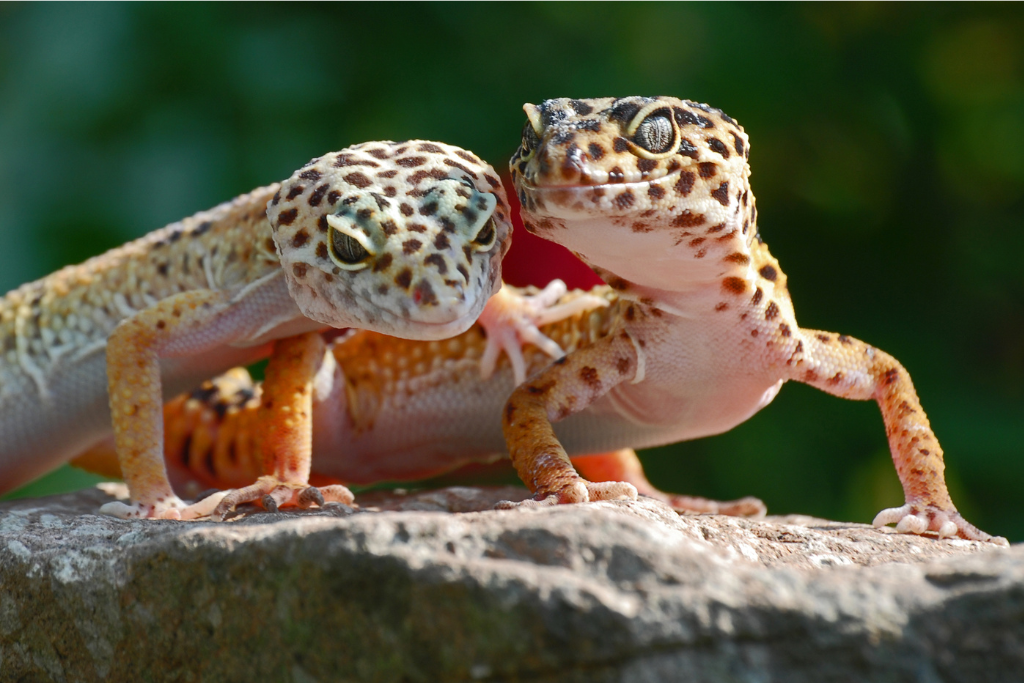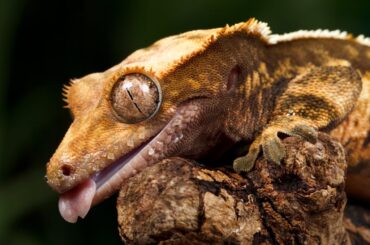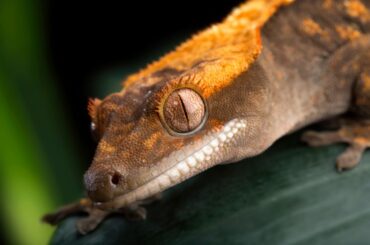Have you ever wondered why your leopard gecko yawns? What does it mean when they open their tiny mouths like we do?
If you find the adorable behavior of yawning in leopard geckos intriguing, you’re not alone! Many reptile owners are captivated by this endearing gesture and are curious to know more about its significance.
Leopard geckos are known for their unique and charming characteristics, and their yawns are no exception. These tiny reptiles can open their mouths wide and stretch their jaws, showcasing their teeth and tongue. It’s hard to resist finding it adorable! However, beyond their cuteness, geckos’ yawning behavior often raises questions and concerns among reptile enthusiasts.
Some gecko owners may worry if frequent yawning indicates underlying health issues or stress. Understanding the reasons behind their yawning can provide valuable insights into their well-being and help address any concerns. Let’s embark on this journey to uncover the causes and meanings behind leopard geckos’ yawns.
Normal Yawning Behavior
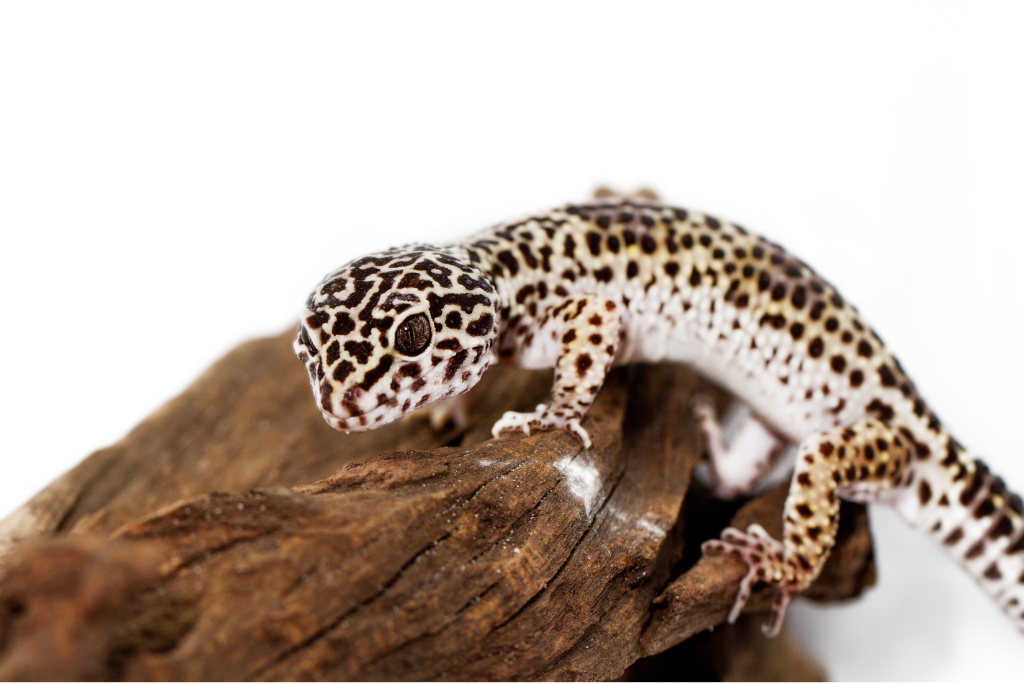
Occasional yawning is a natural behavior for leopard geckos. Geckos yawn to clear their throats after eating. This helps them eliminate any food or debris that may have gotten stuck and ensures smooth digestion. Yawning also serves as a way for geckos to wake up and warm their bodies, preparing for their active periods.
It’s important to note that yawning alone is typically not a cause for worry. It is a normal part of their routine and shouldn’t be a cause for concern unless accompanied by other unusual symptoms.
Reasons for Leopard Gecko Yawning
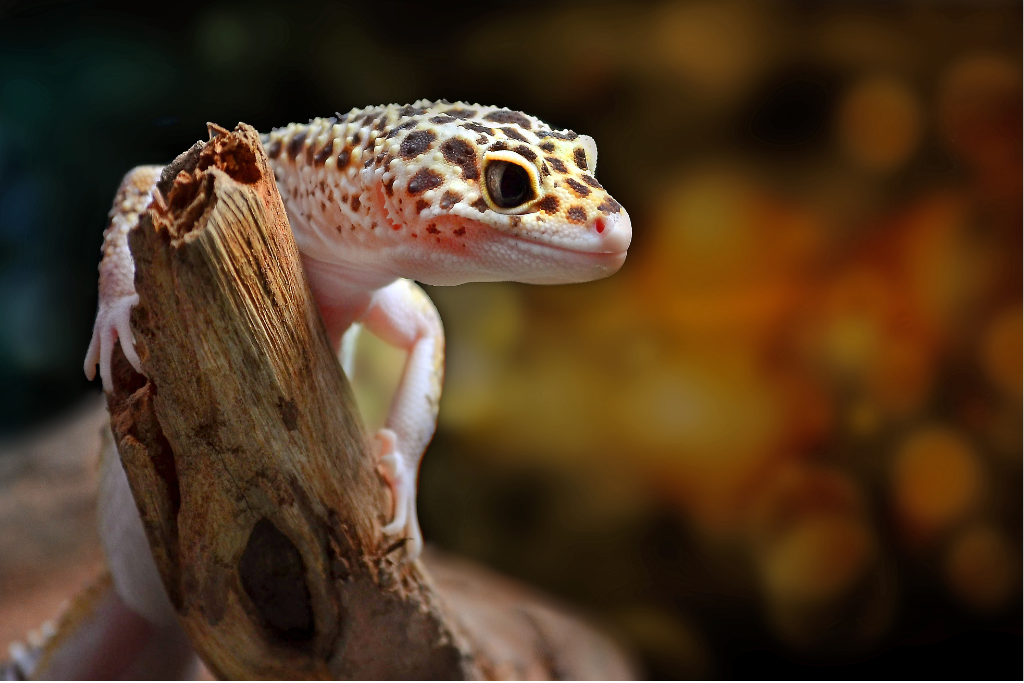
Geckos use yawning as a form of stress relief and anxiety management. It serves as a self-soothing mechanism, helping them find relaxation and comfort. If you notice your gecko yawning, it may indicate that they need a peaceful and secure environment to feel at ease.
Now that we understand that yawning is a natural behavior for leopard geckos, let’s explore the reasons behind their yawns. Geckos may yawn due to different factors, such as stress, hunger, territorial behavior, or even physical obstruction.
Each of these reasons provides insights into their needs and behaviors, giving us a better understanding of our gecko companions.
Stress
Leopard geckos have the ability to respond to both internal and external stimuli by yawning. Changes in their environment, handling, or unfamiliar situations can cause stress, increasing yawning.
Hunger
Leopard geckos can yawn when they’re hungry. Yawning is their way of telling us that they want food. To keep our geckos healthy, we must give them a balanced diet.
This means offering them different kinds of insects fed nutritious food. We can also give them special supplements to ensure they get all the necessary vitamins. If your gecko yawns before mealtime, it’s a reminder that they’re ready to eat!
Territorial Behavior
Sometimes, when we introduce a new gecko to our gecko’s home or keep multiple geckos together, yawning can happen. This is because geckos are trying to show who controls their space.
To help them get along and be happy, we must give each gecko its hiding spots, food, and water. This way, they won’t have to compete, and everyone will feel safe and comfortable.
Obstruction
When a leopard gecko yawns a lot, it could be a sign that something is blocking its nose or throat. This could be an infection, a stuffy nose, or something stuck inside.
It’s important to take them to a veterinarian immediately if you notice your gecko yawning and having trouble breathing or not wanting to eat. The vet can determine what’s wrong and make sure your gecko gets the right treatment.
Conclusion
Understanding why leopard geckos yawn can help us take care of them better. Yawning is a normal behavior that helps geckos clear their throats and wake up. Sometimes, they yawn because they’re hungry, show territorial behavior, or when something is blocking their airways.
Asking a reptile veterinarian for help is always a good idea if you have any concerns about your gecko’s yawning. They can give you the right advice and ensure your gecko stays healthy and happy.
FAQs
What Does it Mean When a Leopard Gecko Yawns?
When a leopard gecko yawns, it can mean different things. It may be a natural reflex to clear their throat, wake up, or warm their body. Yawning can also indicate stress, hunger, territorial behavior, or physical obstruction.
How Can I Help My Gecko Cope with Stress?
To help your gecko cope with stress, it’s important to provide a calm and secure environment. Ensure their enclosure has hiding spots, appropriate temperature, and adequate space. Minimize handling and sudden changes in their surroundings to reduce stress levels.
Is Yawning in Leopard Geckos a Cause for Worry?
Sometimes leopard geckos yawn, and it’s usually not a big problem. But if you see your gecko yawning and having trouble breathing, not eating, or acting strangely, it’s important to ask a veterinarian for help.
What Should I Feed My Leopard Gecko to Prevent Hunger-Related Yawning?
You need to give them a good and balanced diet to prevent your leopard gecko from yawning because of hunger. Feed them different insects that have been fed nutritious food, like crickets and mealworms. You can also add special things to their food to ensure they get all the right nutrients.
Can Introducing a New Gecko Cause Yawning in My Existing Gecko?
Yes, introducing a new gecko to your gecko’s home can make them yawn more. It’s because they are trying to show the new gecko who’s in charge. To keep them happy together, ensure they have their hiding spots and plenty of food and water in different places.
What Should I Do if I Suspect a Physical Obstruction is Causing My Gecko to Yawn?
If you think something is blocking your gecko’s throat, like a stuffy nose or an infection, it’s vital to get help from a veterinarian immediately. They can find out what’s wrong and take care of your gecko so they feel better again.

